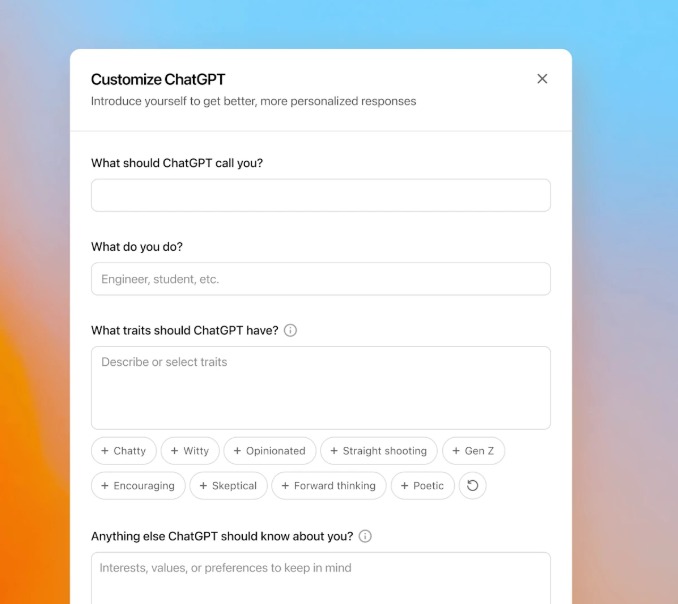Source: Tom Jackson/ Disrupt Africa
Bosun Tijani, the 46-year-old co-founder of the Lagos-based Co-Creation Hub (CcHub), has been appointed as Nigeria’s minister of communications, innovation, and digital economy.
Tijani co-founded CcHub in October 2010 with Femi Longe, and the hub officially opened in September 2011 as a social innovation centre in Yaba, Lagos.
Since then, it has expanded to include an umbrella of pan-African innovation enablers that includes the CcHub Design Lab in Rwanda, iHub and eLimu in Kenya, Growth Capital by CcHub and CcHub Syndicate. It runs a host of different programmes across these markets with partners including Google, Microsoft and GIZ.
Tijani’s star has, therefore, risen in the meantime, but after being nominated for a ministerial position in new Nigerian president Bola Tinubu’s administration earlier this month, he came under pressure for previous posts on social media that criticised Nigerian politics and those that practice it. This forced him to apologise during his appearance before the Nigerian Senate as part of his screening process.
There has been little overlap between the Nigerian tech space and politics – TLcom’s Omobola Johnson was previously minister of communications, and Kobo360 CEO Obi Ozor was recently named a commissioner of transport in Enugu, but that’s about it. Tijani is now charged with driving forward Nigeria’s technological development, something he has been impressive at in the private sector, but it remains to be seen whether he will have an impact in government.







